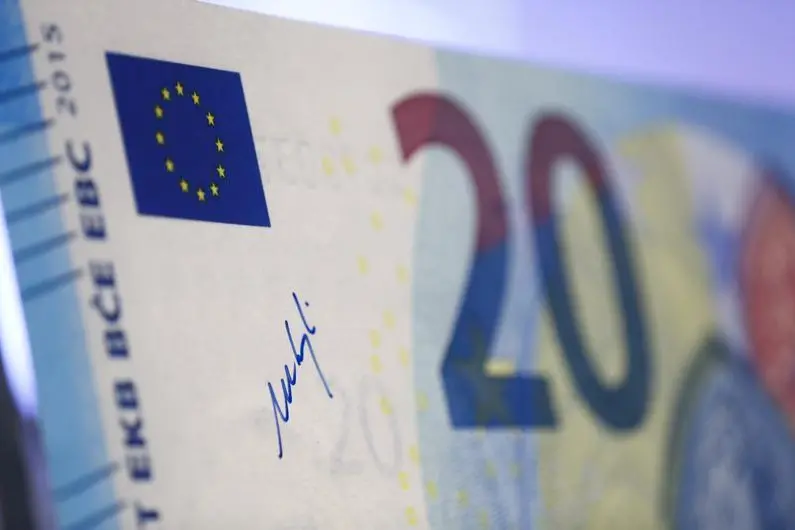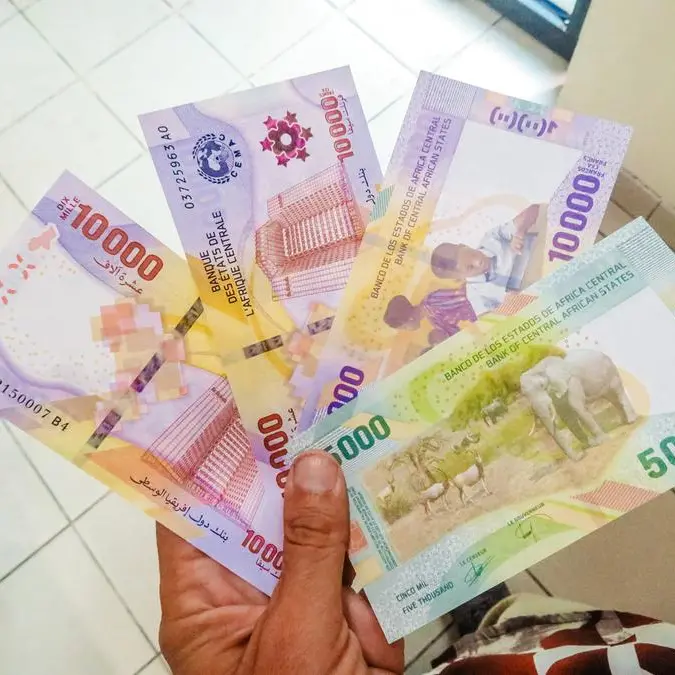PHOTO
Euro zone government bond yields fell on Monday as investors digested the potential impact of Donald Trump's second U.S. presidential term and the collapse of the German government last week.
Germany's 10-year bond yield, the benchmark for the euro zone, fell 2 basis points (bps) to a nearly two-week low of 2.35% after ending last week little changed. Yields move inversely to prices.
"We're in a wait-and-see mode after the volatility last week," said Danske Bank chief analyst Piet Christiansen, adding that he was looking to a reading of U.S. consumer prices and euro area business surveys this month to set the tone for December's central bank meetings.
Monday's trading session was subdued with U.S. bond markets closed for Veterans Day and a light economic data calendar. Focus will also be on Germany's ZEW survey and minutes from European Central Bank's October policy meeting later in the week.
German Chancellor Olaf Scholz said on Sunday he would be willing to call a vote of confidence in parliament before Christmas, a move that would pave the way for snap elections earlier than the January date he proposed last week.
Europe's largest economy was thrown into disarray by the collapse of Scholz's coalition and disagreements over government spending.
"The key question is how much bond supply will come from Germany and the impact on asset swaps. The spread is slated to be around this level until the year end," said Christiansen.
Germany's 10-year swap spread, a gauge of risk appetite, as well as the market's view of an issuer's credit quality, was at -1.3 bps after hitting its lowest level since at least 2003 last week at -7.75 bps.
Across the Atlantic, Trump's presidential election win last week drove U.S. Treasury yields sharply higher on bets that his tax and tariff policies would stoke inflation and could slow the Federal Reserve's pace of interest rate cuts.
The outlook for Europe, however, is more complicated.
While euro zone bonds have largely tracked their U.S. equivalents this year, if Trump were to impose the heavy tariffs he has threatened on Europe, it could hurt growth and push the European Central Bank to accelerate rate cuts, sending yields lower.
As things stand, there is no reason for the ECB not to cut interest rates in December, ECB policymaker Robert Holzmann said in remarks published on Sunday.
Traders are currently near certain that the ECB will deliver a quarter-point rate cut in December.
Elsewhere, Spain's 10-year yield dipped 3 bps to 3.074%, in line with those of other euro zone countries, even as credit ratings agency Fitch on Friday raised its outlook on the country to "positive" from "stable".
The country has been a bright spot in the euro zone, supported by a buoyant tourism-driven service sector and resilient manufacturing, while sluggish industrial demand has taken a toll on the rest of the region.
Italy, Germany, the Netherlands and Portugal are scheduled to sell 21 billion euros worth of bonds this week, according to Unicredit strategist Francesco Maria Di Bella.
New York Stock Exchange parent ICE has launched a futures contract on an index of joint European Union bonds, another step in the bloc's evolution towards becoming a government-like borrower.
(Reporting by Medha Singh in Bengaluru; Editing by Angus MacSwan, Kirsten Donovan)





















